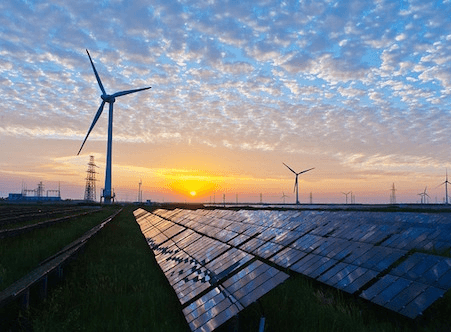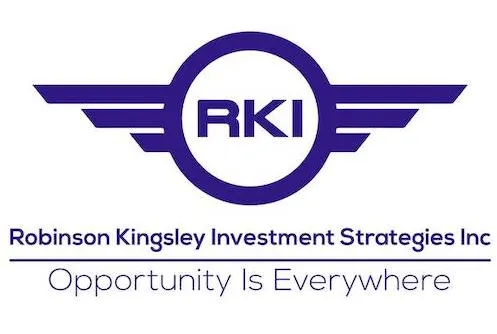Clean Energy's Role in Driving Development in Emerging Markets
By:
Robinson Kingsley
On
27/11/2023Reading time:
7 min
Summary:
As the world grapples with the dual challenges of climate change and burgeoning energy needs, Robinson Kingsley sees emerging economies as being uniquely positioned to leapfrog traditional development pathways by embracing clean energy solutions.
Clean energy, comprising renewable sources like solar, wind, and hydroelectric power, not only mitigates environmental impact for emerging economies, but also holds the key to unlocking sustainable and inclusive development. Our Insight feature this week, explores how the adoption of clean energy can drive progress, delving into both the challenges and opportunities that lie ahead.
Where are the Opportunities?

Energy Access for all:
Off-Grid Solutions: Clean energy offers the opportunity to provide electricity to remote and off-grid areas. Distributed energy systems, such as solar microgrids, empower communities with previously limited or no access to electricity, thereby catalyzing economic activities and improving living standards.
Job Creation and Economic Growth:
Green Jobs: The clean energy sector is a burgeoning source of employment. Investments in renewable energy infrastructure lead to job creation across the value chain, from manufacturing and installation to maintenance and innovation. This, in turn, fuels economic growth and diversification.
Climate Mitigation and Resilience:
Reduced Carbon Emissions: Shifting to clean energy sources diminishes dependence on fossil fuels, thereby lowering carbon emissions. This not only addresses the global imperative of climate change but also enhances the resilience of emerging economies against the adverse impacts of environmental degradation.
Technological Innovation and Leapfrogging:
Technological Advancements: Clean energy adoption often involves innovative technologies. Emerging economies can leapfrog traditional, resource-intensive energy infrastructure and directly embrace cutting-edge, sustainable solutions. This leapfrogging effect positions them at the forefront of technological innovation.
Energy Independence and Security:
Diversification of Energy Sources: Relying on diverse clean energy sources enhances energy security by reducing dependence on a single, often imported, energy resource. This diversification mitigates the vulnerability of emerging economies to fluctuations in global energy markets.

Clean energy powering homes
The Challenges
Initial Capital Investment:
Cost Barriers: The upfront costs of establishing clean energy infrastructure can be a significant hurdle. While the long-term benefits are substantial, many emerging economies face challenges in mobilizing the necessary capital to initiate large-scale clean energy projects.
Intermittency and Storage:
Reliability Issues: The intermittent nature of renewable energy sources, such as solar and wind, poses challenges for maintaining a consistent energy supply. Effective energy storage solutions are needed to address the issue of intermittency and ensure a reliable power grid.
Policy and Regulatory Frameworks:
Policy Uncertainty: Inconsistent or unclear policies related to clean energy can hinder investment and project development. Establishing robust regulatory frameworks that encourage private sector involvement and provide clarity on incentives is crucial for fostering a conducive environment.

Multiple sources of clean energy power generation
Technology Transfer and Capacity Building:
Skill Gaps: The successful adoption of clean energy requires skilled professionals in areas like renewable energy technology, maintenance, and management. There is a need for extensive capacity building initiatives to bridge skill gaps and promote knowledge transfer.
Infrastructure and Grid Integration:
Adapting Existing Infrastructure: Integrating clean energy into existing energy infrastructure can be complex. Upgrading grids, implementing smart technologies, and adapting to the decentralized nature of renewable sources are challenges that need to be addressed for seamless integration.
Clean energy stands as a linchpin for sustainable development in emerging economies, offering a path to address both environmental concerns and development needs.
RKI understands the challenges that exist, however we see the opportunities presented by embracing clean energy as being immense. Strategic investments, robust policy frameworks, and international collaborations are essential to overcome barriers and harness the full potential of clean energy in driving progress.
